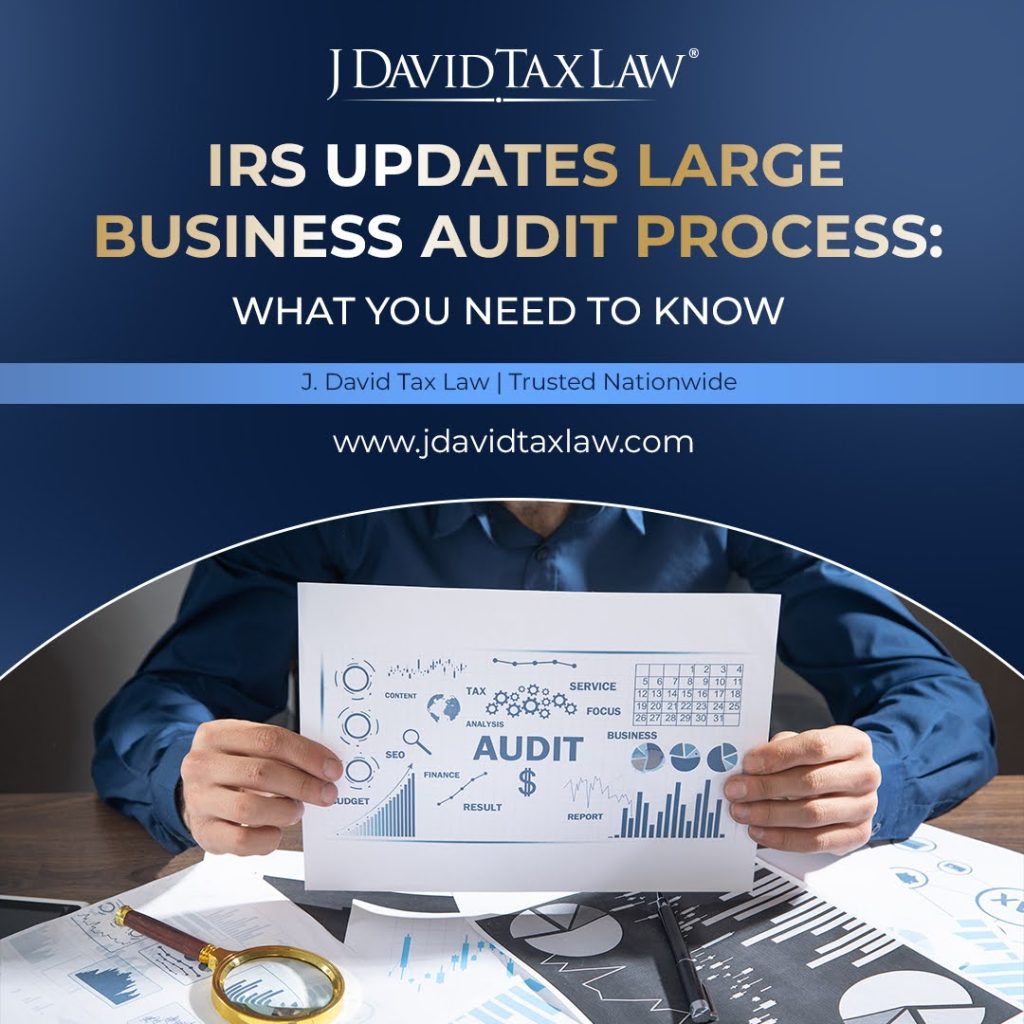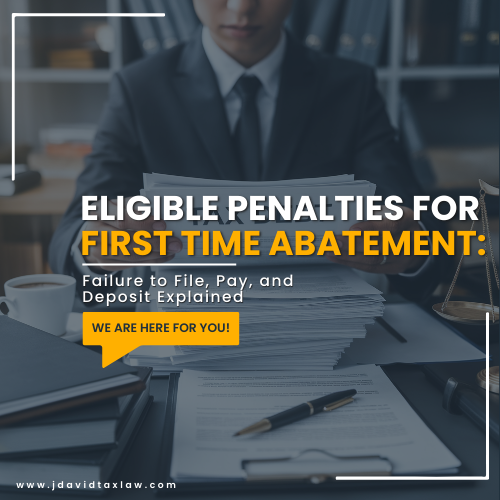Owning a business with someone else can be a great way to share the financial burden and enjoy mutual benefits. However, it also means sharing the risks, including those associated with tax liens.
When a tax lien is placed on a jointly owned business, it can jeopardize the financial security of all parties involved. While dealing with a tax lien can be challenging, there are steps you can take to prevent such issues from arising in the first place.
Read on as J. David Tax Lien attorneys share the steps in resolving existing tax liens and implementing preventative measures to protect your jointly owned company’s assets.
What is a Tax Lien?
A tax lien is a claim against a business’s assets for unpaid taxes. It can be placed by various tax authorities, including federal, state, or local governments.
So when a business owner fails to pay their taxes on time, the government can file a lien against the assets. This makes it difficult for the owner to sell or refinance until the debt is cleared.
Here’s a brief outline of how a tax lien works:
Notification of Delinquency: The owner is notified that their taxes are overdue.
Demand for Payment: The tax authority sends a demand for payment. Thus, providing a deadline to settle the outstanding amount.
Filing the Lien: If the payment is not made by the deadline, the tax authority files a lien against the business. This filing is a public record, alerting potential buyers or lenders of the unpaid tax debt.
Don’t let tax liens divide your partnership. Call us at (888) 342-9436 today and safeguard the future of your joint venture.
4 Impact of Federal Tax Lien on Jointly Owned Businesses
When a federal tax lien is placed on a jointly owned business, it affects all co-owners, regardless of who owes the tax debt. It can affect ownership rights, financial stability, and future opportunities for all involved parties.
Here’s how:
Ownership Rights
Each owner’s share of the company becomes subject to the lien. This can restrict their ability to sell or transfer their interest.
Lien Priority
Tax liens take priority over other liens and claims on the business assets. This means that the tax lien must be satisfied before other debts are addressed in the event of a sale or foreclosure.
Debt Allocation
Resolving a tax lien on a jointly owned business can lead to disputes over debt allocation among co-owners. This can create tension and complicate efforts to pay off the lien.
How our Tax Lien Attorneys Help Resolve IRS Tax Lien on Joint Businesses
Step 1: Free Tax Consultation
The first step in addressing an IRS tax lien is to consult with a professional tax lien attorney
Engaging a tax attorney from J. David Tax Law can provide free consultation along with valuable legal advice and representation. We can help in exploring funding options for paying off the lien, such as refinancing the business or obtaining a loan.
Step 2. Identify the Source of the Tax Lien
Our IRS tax lien attorneys can help verify the total amount owed including accrued penalties and interest. Wewill also assist in identifying which co-owner(s) are responsible for the unpaid taxes that led to the lien. Accurate identification helps in developing an effective resolution strategy.
Step 3. Communicate with Co-owners
Our tax lien lawyers can facilitate the communication by providing clear explanations to all parties. Our tax debt attorneys can also mediate discussions to encourage co-owners to agree on a unified plan to address the lien. We will also consider each co-owner’s financial capacity and willingness to contribute to the resolution.
Step 4. Negotiate with the Tax Authority
J. David Tax Law will play a crucial role in this step by negotiating on your behalf. We can discuss the possibility of setting up a payment plan. This allows the tax debt to be paid off in manageable installments over time.
We can also explore an Offer in Compromise to settle the tax debt for less than the full amount owed. Our tax attorneys may also request lien subordination or withdrawal if refinancing or selling the business assets is necessary. This makes the process smoother and more efficient.
Conclusion
Resolving a tax lien is a crucial step toward maintaining the long-term financial health of your jointly-owned company. It can also ensure that your assets remain valuable.
Our tax law firm is nationally recognized by earning an A+ Rating from the Better Business Bureau (BBB), and over four decades combined of resolving tax liens for our clients. By working closely with our legal team, you can protect your investment, maintain good relationships with co-owners, and ensure long-term stability.
Don’t let a tax lien jeopardize your financial stability. Contact us now to schedule a consultation and take the first step towards protecting your asset.
Frequently Asked Questions
What is the difference between a tax lien and a tax levy?
How does a tax lien on a joint business affect the owners?
Can a Federal tax lien be transferred to another business I own?
To resolve a federal tax lien, it is best to address the debt directly with the tax authority or seek professional assistance from experts like J. David Tax Law.




















